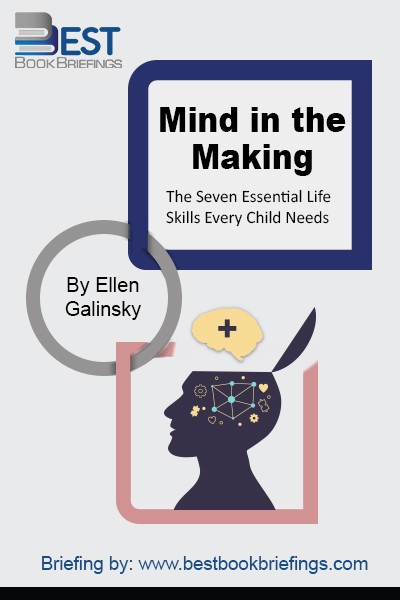Mind in the Making
The Seven Essential Life Skills Every Child Needs
Number of pages: 400
Publisher: William Morrow & Company
BBB Library: Education, Psychology and Strengths
ISBN: 978-0061732324
Editorial Review
Life today can be complex, distracting, fast moving, 24-7, and stressful. It is also joyful and full of exciting possibilities. We know that if it is this way for us, it is only going to be more so for our children. We all want the best for our children, but how do we help them not only survive but thrive, today and in the future? It is clear that there is information children need to learn—facts, figures, concepts, insights, and understandings. But we have neglected something that is equally essential—children need life skills.
Book Reviews
Books on Related Topics

A revolutionary challenge to the widely held notion that intelligence is a single general capacity possessed by every individual to a greater or lesser extent. First published in 1983, Gardner's trailblazing book revolutionized the worlds of education and psychology by positing that rather than a single type of intelligence, we have
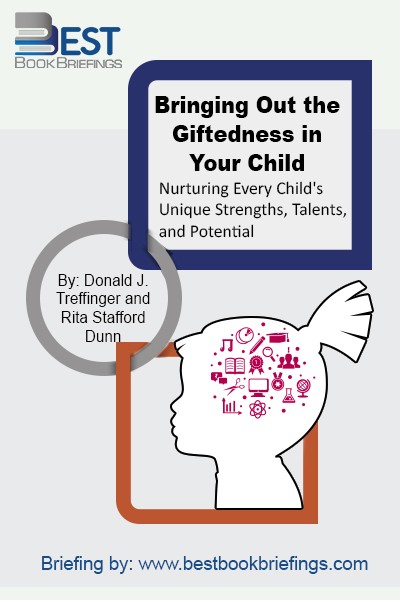
Giftedness should extend far beyond a category or a label; it should certainly not be confined to a score or an IQ or achievement test. The test simplifies the recognition of some talents, but the complex potential of a child’s talents, sustained interests, and special aptitudes cannot be represented by performance
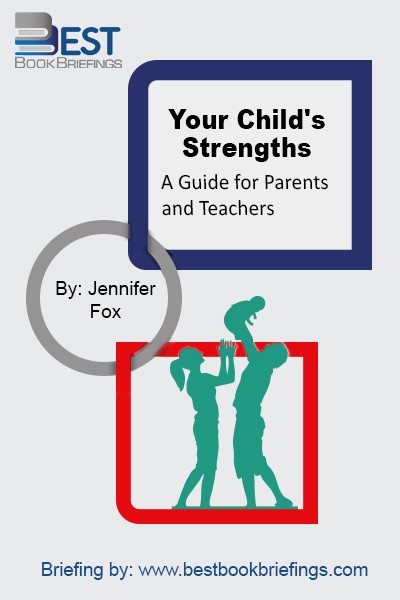
Children are not that different from adults. They want clear and realistic goals, expectations for their futures, and systems that will allow them to arrive at those goals feeling fulfilled and stronger. They also want a voice in setting those goals and expectations for their futures. When children go to a
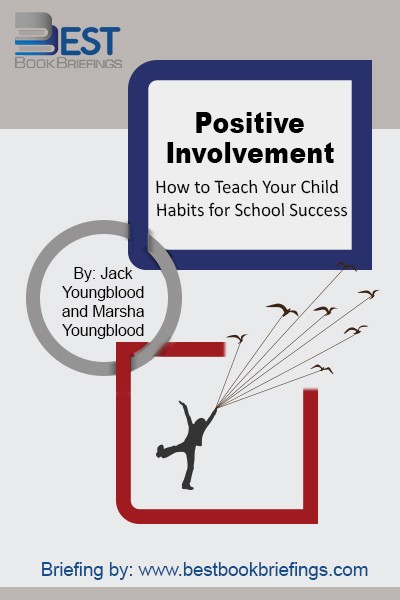
Positive Involvement is designed to convince parents that they need to be involved in their child's learning and it is written to show them how to be both positive and effective in that involvement. As one reviewer wrote, 'The basic premise of the book is that school success is based on
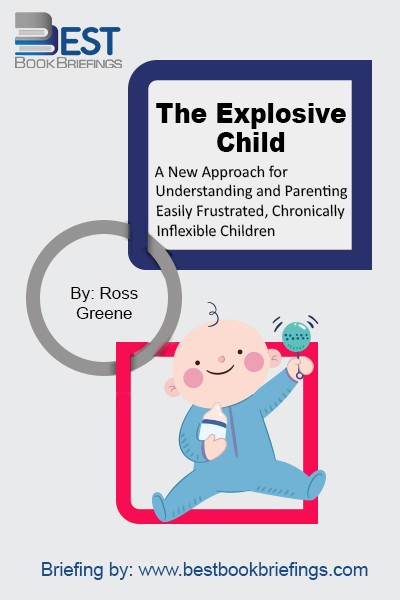
Dealing more effectively with explosive children requires, first and foremost, an understanding of why these children behave as they do. Once this understanding is achieved, strategies for helping things improve often become self-evident. In some instances, achieving a more accurate understanding of a child’s difficulties can, by itself, lead to improvements
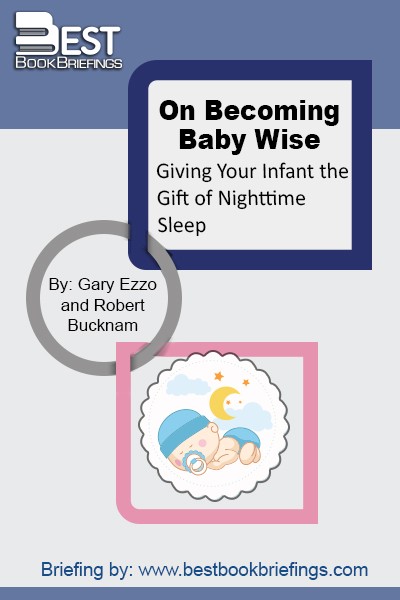
We aim to help prepare minds for the incredible task of raising a child. We believe the preparation of the mind is far more important than the preparation of the nursery. Your baby will not care if his head rests on designer sheets or beside Disney characters, nor is your success

